Protecting yourself from crypto scams
Protecting yourself from crypto scams
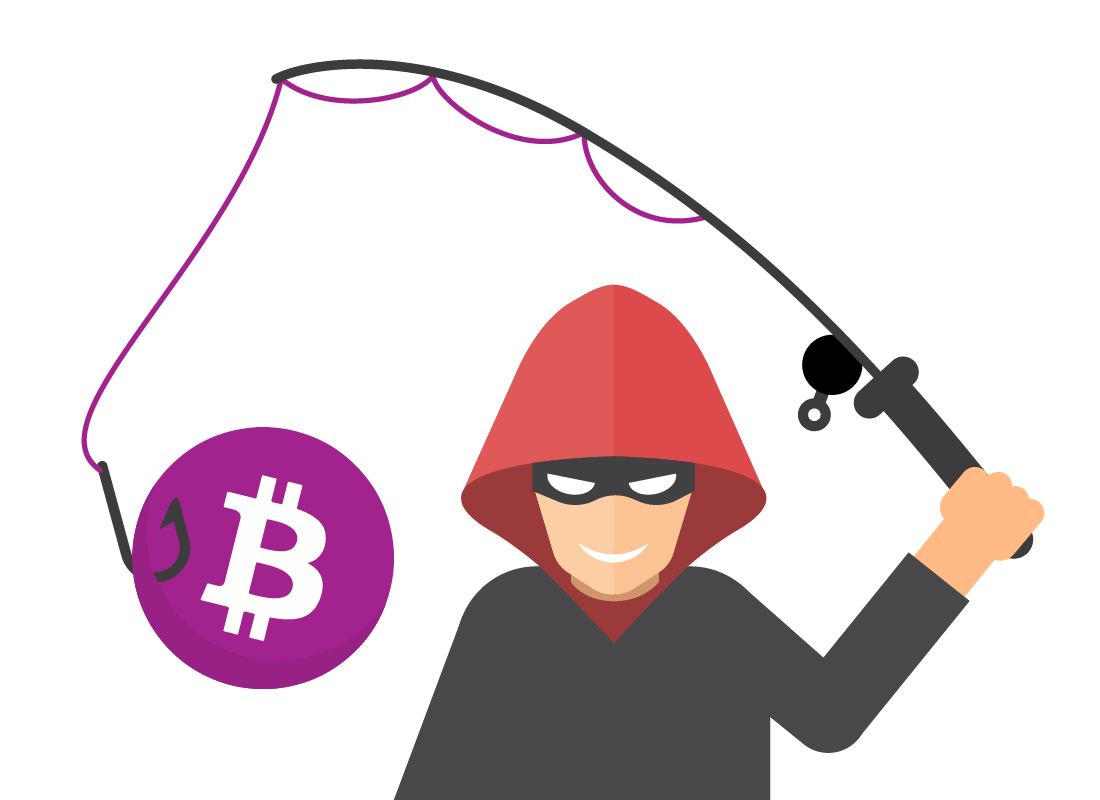
What's coming up?
In this activity, you’ll learn how to avoid crypto scams by keeping in mind that cryptocurrency is a complex and technical area with little regulation and limited protection for consumers.
Start activity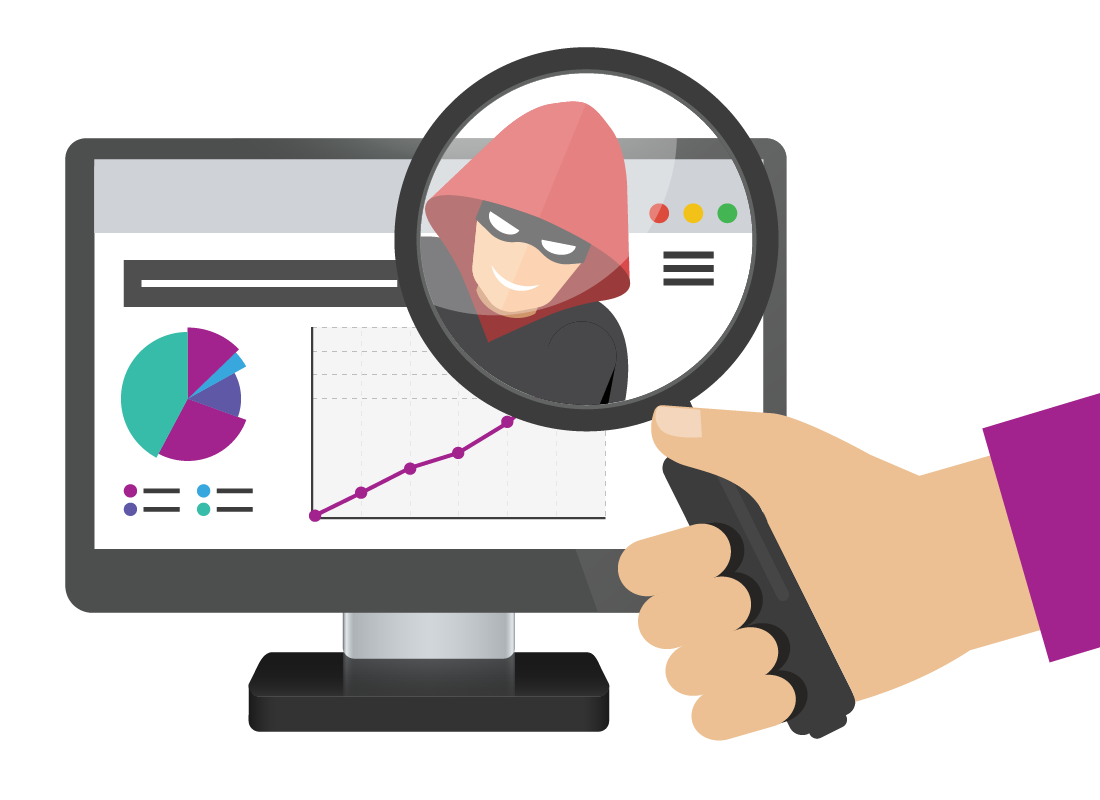
Crypto scams can be hard to detect
Because cryptocurrency is such a new field and there is so little regulation, it can be difficult to easily tell the difference between legitimate crypto-based offers and products, and scams.
It’s important to remember that cryptocurrency is always a high risk investment, even when purchased legally.

Crypto brokers are hard to check
While there are legitimate cryptocurrency broking companies, these are very new and some may avoid licensing requirements. You can do a Google search for a company name followed by the terms complaint and scam, but this is not always a reliable way to ensure the broker is safe.
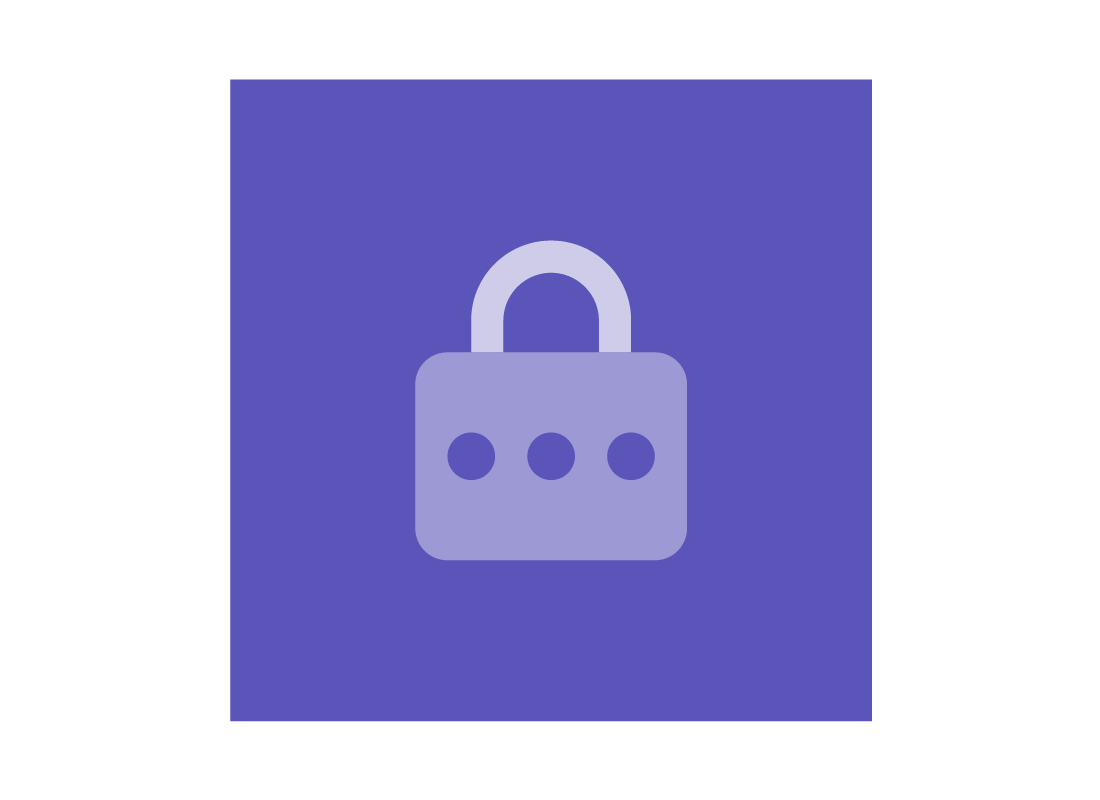
eSafety tip
It is safest to avoid any company that offers to invest in cryptocurrency on your behalf. With these brokers, there’s no easy way to prove you own the crypto they purchase for you.
If you want to get into crypto, you should use a licensed Australian crypto exchange.
Be suspicious of unsolicited calls and emails
Crypto scammers mostly use email and social media to contact potential victims, but they can use voice calls and text messages too.
You should always treat unsolicited calls, emails, or messages with suspicion.
Messages from friends or institutions you normally trust, might be fake, so avoid those too.

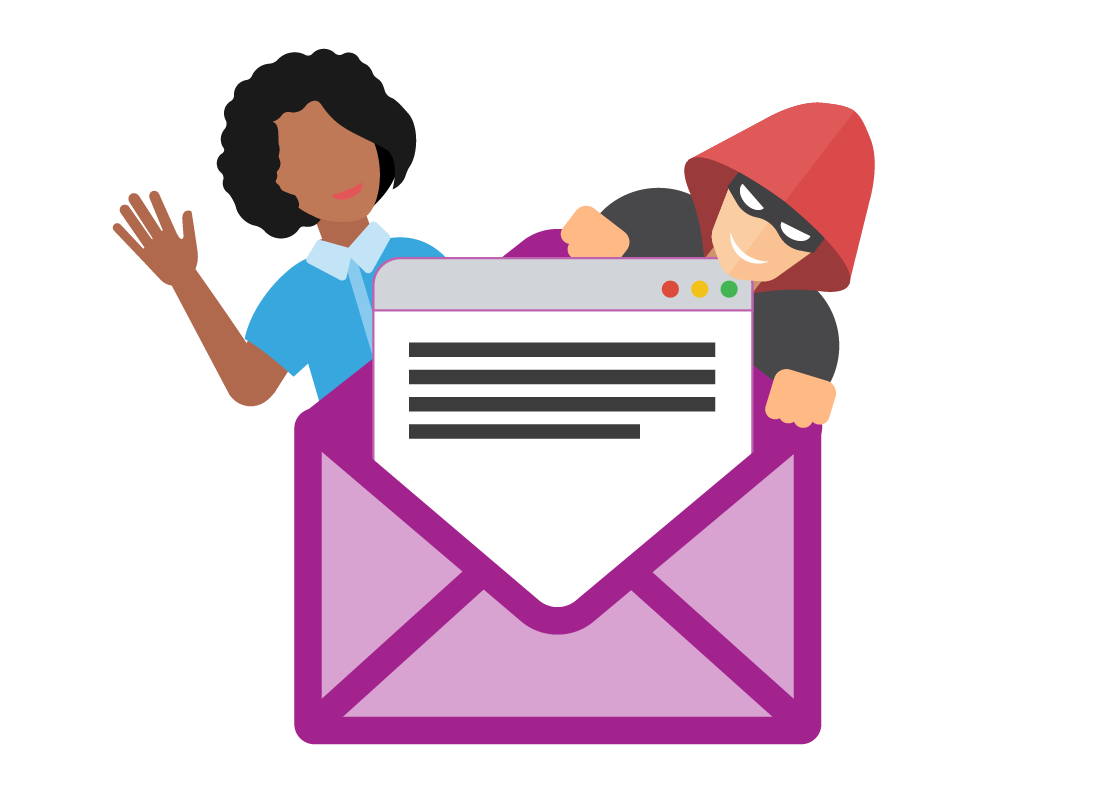
Friends can unwittingly expose you to scams
Sometimes, a friend really will send you a recommendation for a cryptocurrency broker or other service. This will be a real email, because your friend might have been offered a bonus for getting more people on board.
But your friend might not realise they are being scammed, so it’s safer to decline these recommendations and do your own research instead.
Avoid encrypted messaging services
Crypto scammers will try to cover their tracks at all times to stay under the radar. They will prefer to talk to you over an encrypted messaging app such as Telegraph, WhatsApp, or Discord, as it’s difficult for authorities to access these chats due to them being encrypted.
If the scammer insists on using one of these, break off contact immediately, as it’s a good sign of a scam.
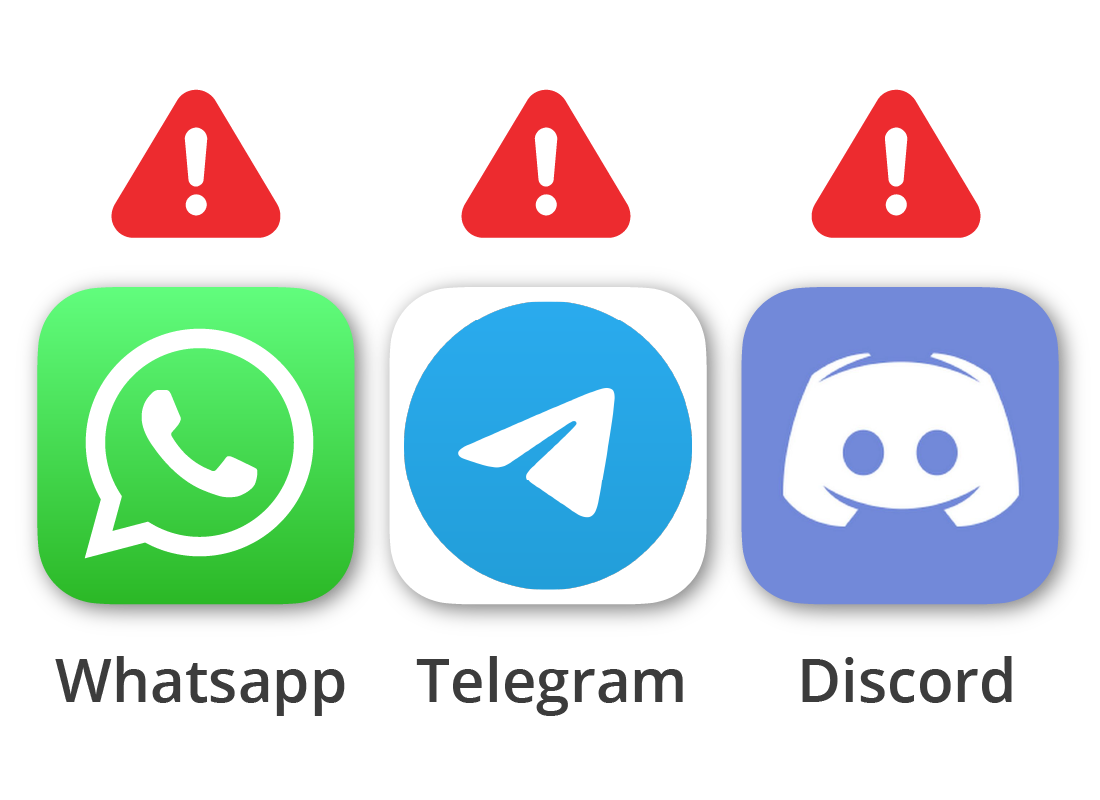
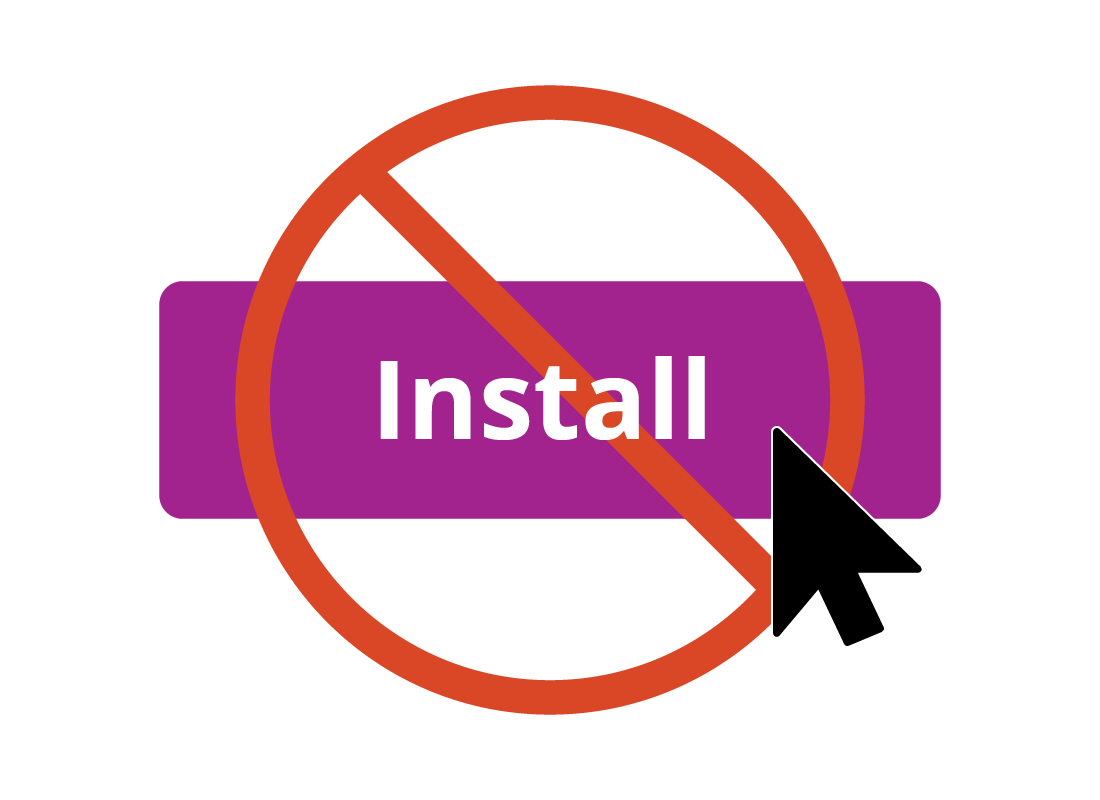
Don’t install broking software
Don’t install software recommended by the broker, because this software will usually infect your computer with viruses and other unwanted software that could give a scammer access to your personal information.
Fake crypto broking software can also be made to look like you own cryptocurrency, but really all the information is fake.
Keep your antivirus suite up to date
Make sure you keep your antivirus software updated and set to run regular scans. Most scammer software will be detected, blocked, and removed by antivirus.

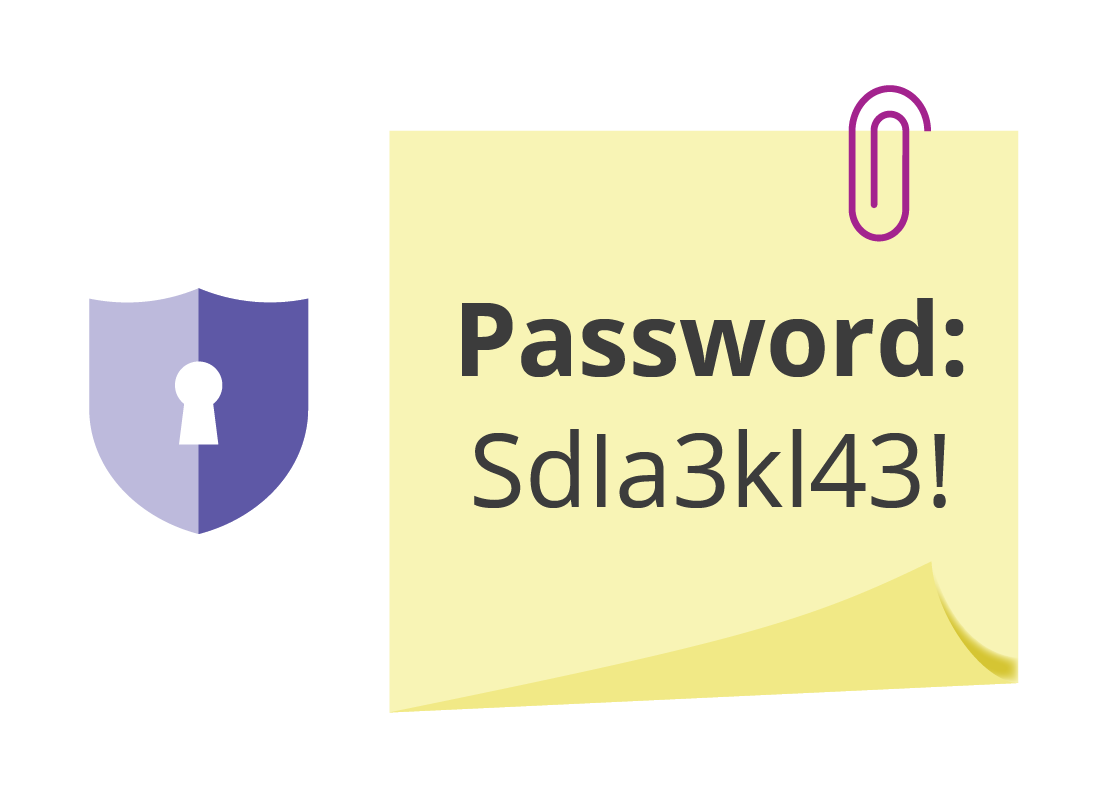
Don’t store written passwords on your computer
If a crypto scammer gets access to your computer, they may search it for your details. It’s safest to never keep written records of banking details, passwords, or details of your personal identity (such as your date of birth, or passport number) where they can be seen by hackers.
Instead, record these details separately and keep them somewhere safe.
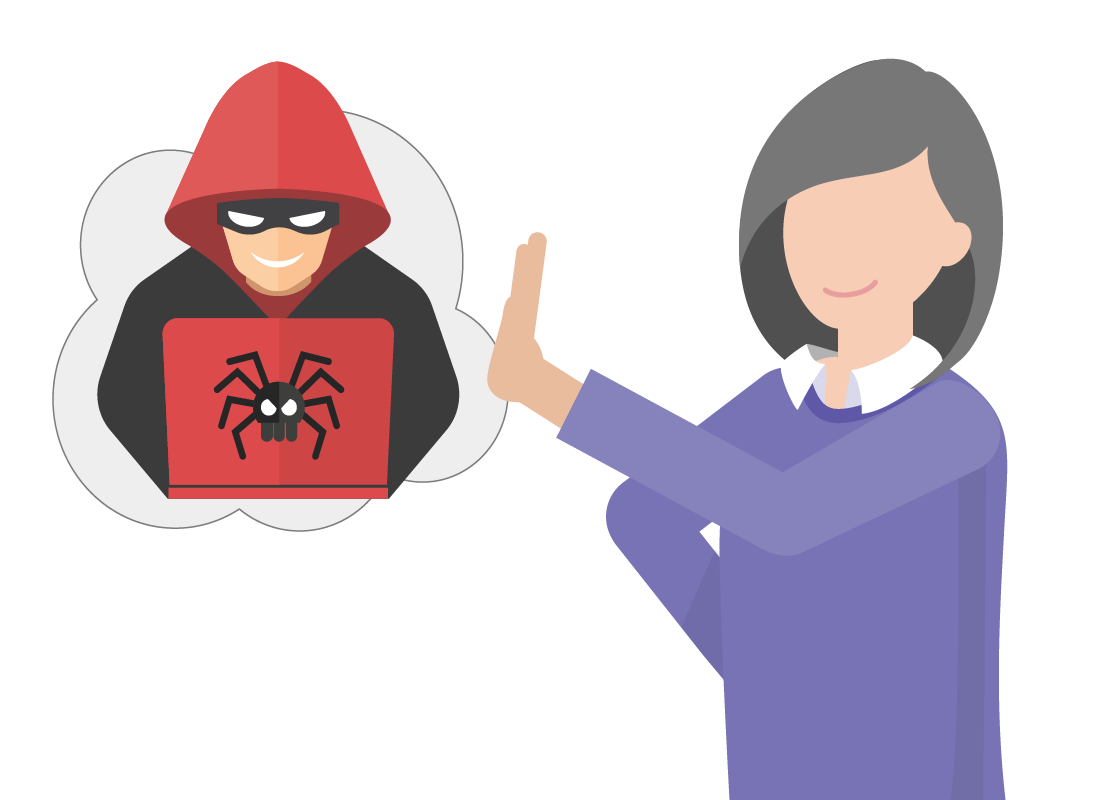
Well done!
This is the end of the Protecting yourself from crypto scams activity. You’ve learned that crypto scams can be difficult to spot, but if you remain suspicious of unsolicited recommendations that can help you stay safe.
In the next activity, you can find out how to Report crypto scams and update your details.